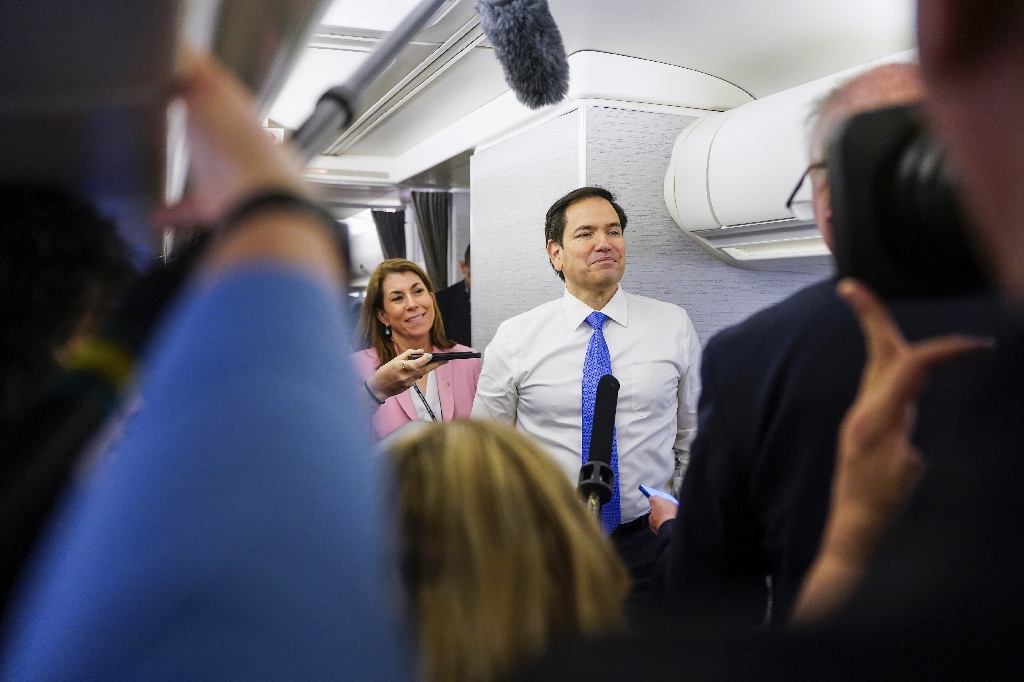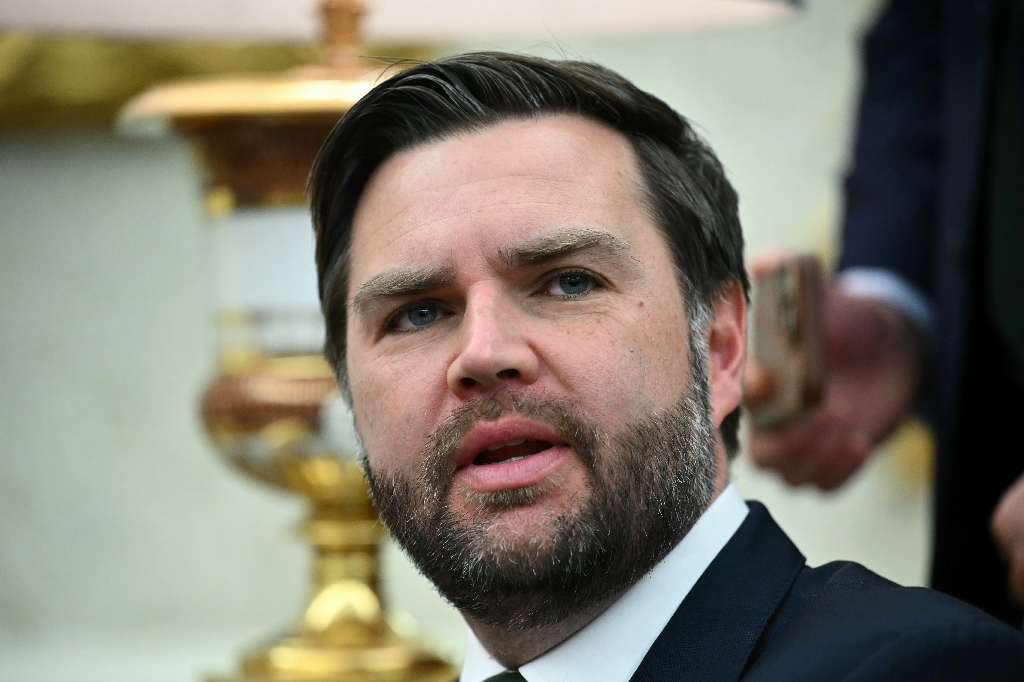(AFP) – US Treasury Secretary Janet Yellen headed to China on Wednesday for her second visit in under a year, hoping to further stabilize ties while raising concerns about spillover effects from Beijing’s “massive investments” in certain industries.
The trip from April 3-9 begins in the major southern city of Guangzhou, where she will speak with representatives of US firms and hold meetings with Chinese officials, including Vice Premier He Lifeng and Guangdong province governor Wang Weizhong.
Yellen will then head to Beijing for talks with Premier Li Qiang, Finance Minister Lan Fo’an and central bank governor Pan Gongsheng, according to the Treasury Department.
Among the topics to be discussed is the “massive investment in China in a set of industries that’s resulting in overcapacity,” Yellen told reporters traveling with her Wednesday.
“We’re concerned about the spillovers that Chinese subsidies to these industries are having on the United States and other countries as well,” she said.
Yellen cited solar cells, electric vehicles and batteries as sectors the United States is trying to “nurture” domestically, by providing tax subsidies to support their growth.
When asked if she would raise the possibility of trade barriers such as tariffs if China did not address excess capacity, she said: “I wouldn’t want to rule out other possible ways in which we protect them.”
Yellen’s trip to China comes just eight months since her first visit as treasury secretary, seeking to stabilize turbulent relations between the world’s two biggest economies.
The July 2023 foray helped restart dialogue after a period of heightened tensions, notably over Taiwan, and culminated in the launching of bilateral working groups on economic and financial policy.
Both groups will meet again during the IMF and World Bank Spring Meetings later this month, Yellen said.
– ‘Deepening dialogue’ –
Treasury officials said ahead of Yellen’s trip that she intends to press counterparts on “unfair trade practices.”
A flood of Chinese goods has previously impacted American firms and workers, Treasury Under Secretary for International Affairs Jay Shambaugh told AFP.
“It is not something we intend to just watch,” he said in an interview.
“We’d like to see shifts across a number of things, whether it’s macro policy, industrial support, setting production targets that kind of exceed what the global market can bear,” Shambaugh added.
Despite ongoing concerns over trade issues, the Treasury department noted the US-China economic relationship has generally improved from its previous lows.
“Our expectation is that we will, at senior levels and increasingly at all levels continue to have ongoing and deepening dialogue,” Yellen said.
Brent Neiman, Treasury’s deputy under secretary for international finance, said the two countries had successfully conducted an excercise on “what would happen if there was a failure of a global systemically important bank in either of our jurisdictions.”
Both countries’ central banks have also compared approaches to climate risk modeling, Neiman told AFP.
“We know our counterparts, we know their system, they know ours and frankly, if something were to go wrong, we know who to call,” he said.
The “downward trajectory” in US-China relations has stabilized since last year, said Bill Bishop, who publishes the Sinocism newsletter.
“But there’s nothing that would indicate sort of a more sustainable or structural shift in that trajectory,” he added.
China is especially upset with US efforts to restrict its access to higher ends of the semiconductor supply chain.
– ‘Wait-and-see’ –
With US elections approaching, “neither side is looking to launch major negotiations or bilateral initiatives,” said Brookings fellow Patricia Kim. “Beijing, like many foreign capitals, is likely in wait-and-see mode,” she added.
But maintaining communication allows both countries to discuss issues like debt challenges in developing countries, which the Treasury also intends to address.
Yun Sun, senior fellow at the Stimson Center think tank, said concessions to China are impossible in an election year.
Yet both sides are willing to present the optics of close consultation, bringing a message of stabilization, she added.
Yellen’s last Beijing visit was met with fanfare, with her appearance at a local restaurant generating social media buzz.
The state-owned China Daily wrote in a recent editorial that Yellen is known for her “often pragmatic and relatively positive tone” in managing US-China ties. – Beiyi SEOW
© 2024 AFP




